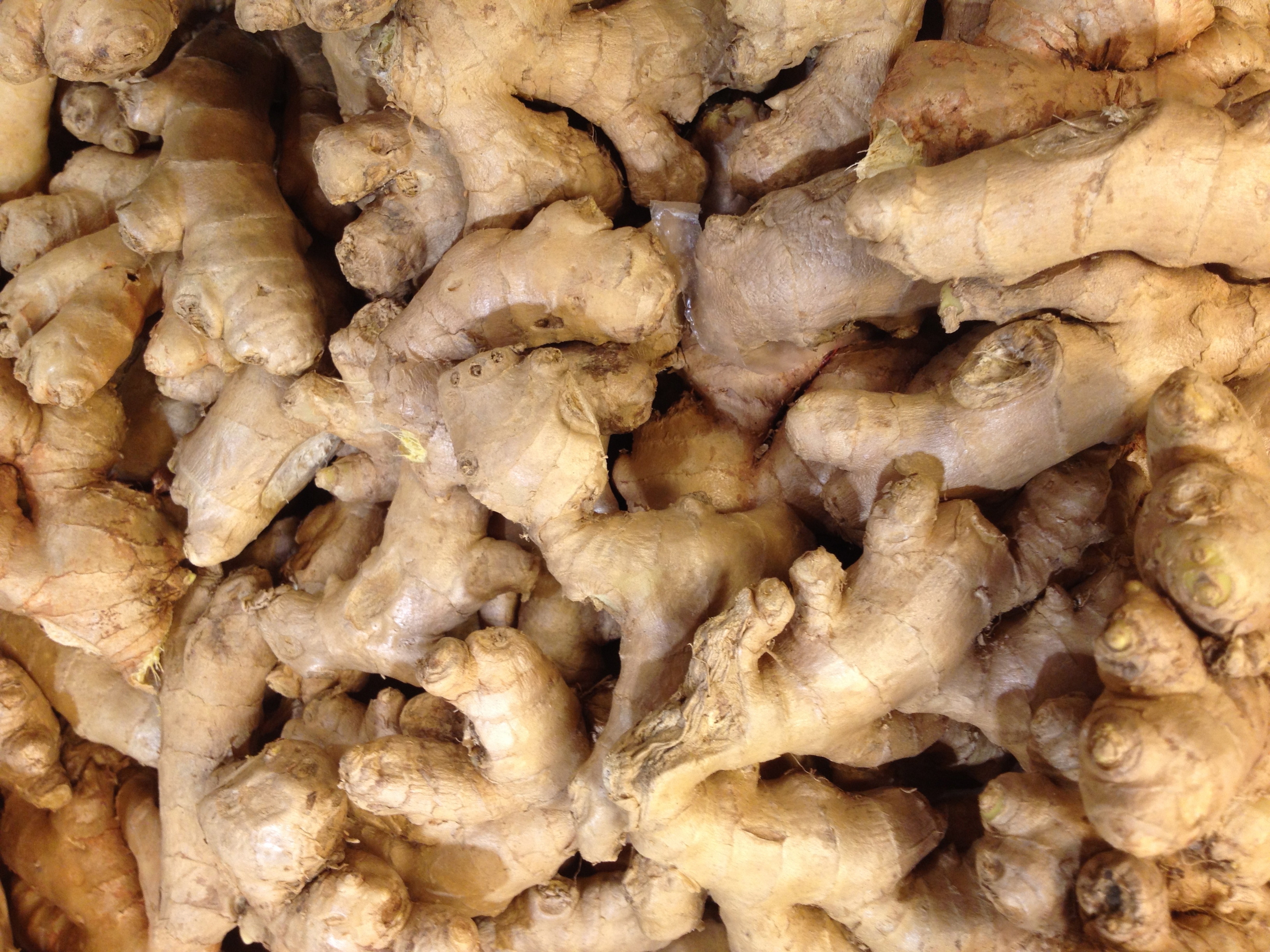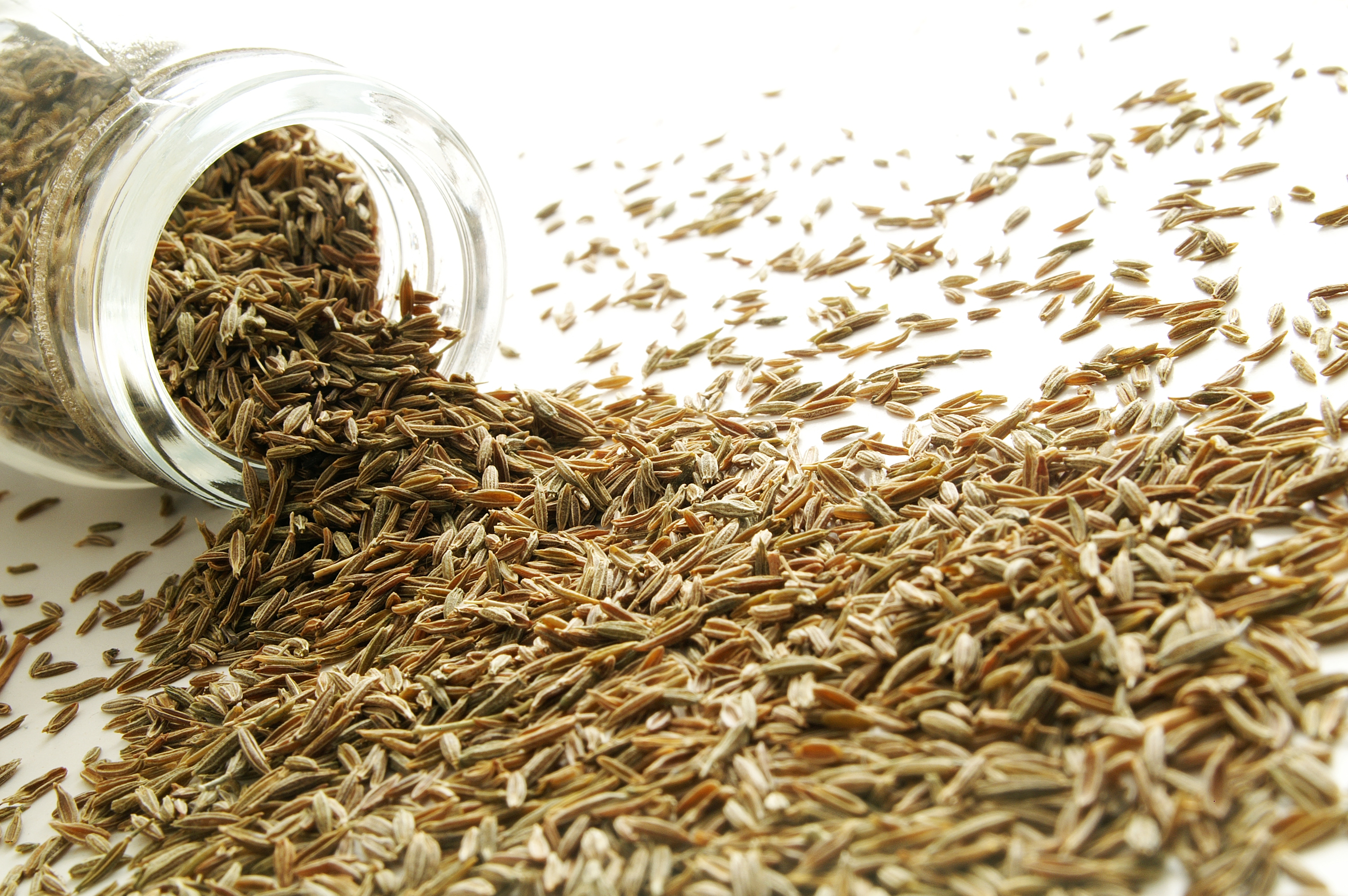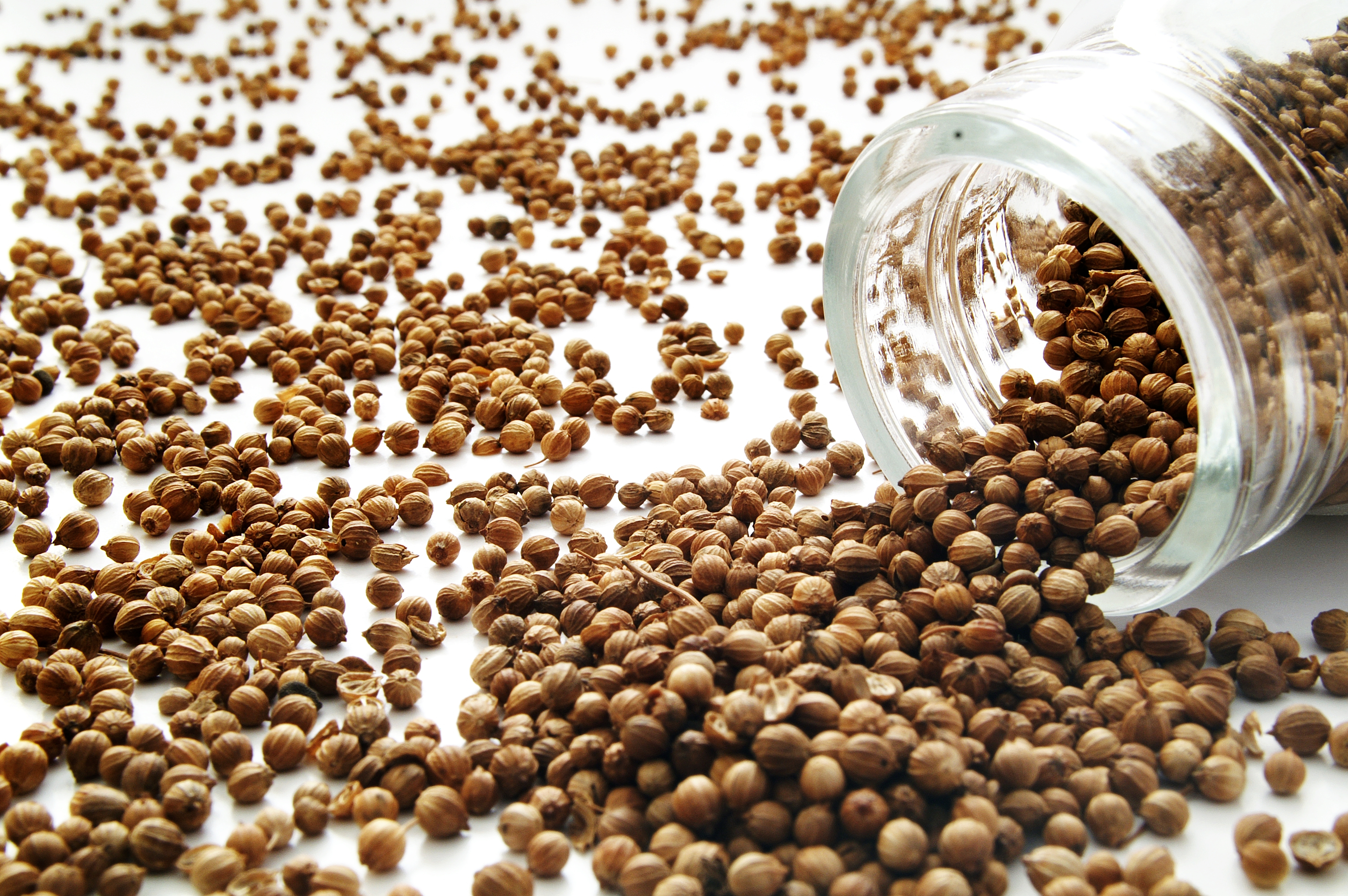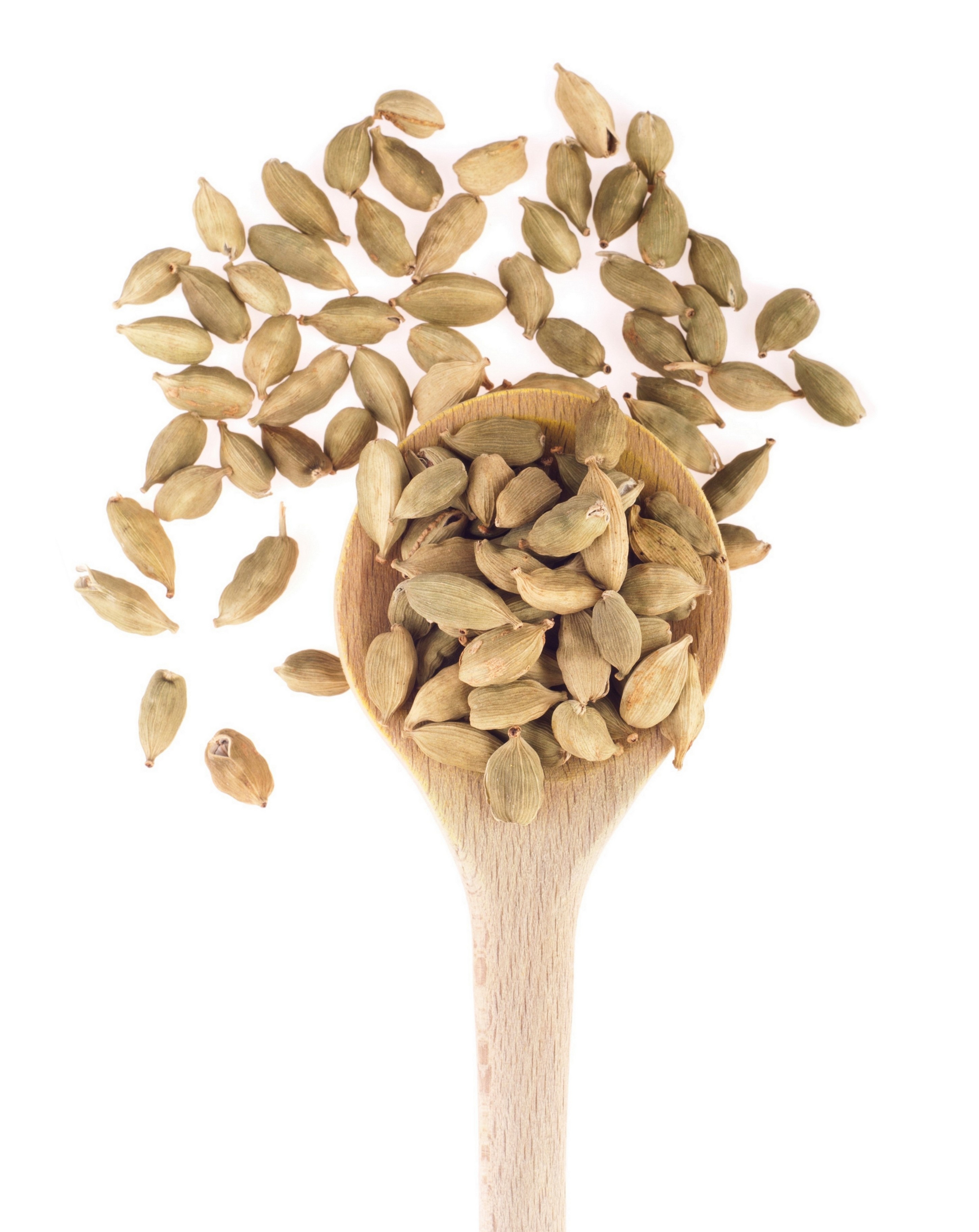The Power of Digestive Herbs… And Which Ones Matter Most
Digestion… The under-appreciated process that drives life and well being.
Digestion begins once food enters the mouth, where chewing and saliva start the break down process. A quick swallow and consumables are sent to the stomach, ready for the real action to commence. As the acids and enzymes transform food into a paste or liquid substance, the small intestine is the next digestive port of call.
The long and curled small intestines weave their way from the stomach to the large bowel, at the bottom of the abdomen on the right. During its travel through duodenum, jejunum, and ileum, food is further refined and nutrients absorbed.
As the duodenum connects directly to the stomach it receives the busily digesting stomach acids and adds further important enzymes from the pancreas and the gall bladder in the form of pancreatic enzymes and bile.
Yet between the stomach and the duodenum, the main organs involved in the bulk of the digestive work, processes can go awry. And with this comes a host of problems, with poor digestion potentially contributing to health challenges including:
1) Slowed gastric emptying which can cause nausea, vomiting and reflux (1)
2) As gall bladder emptying is dependent on digestive phases (2), gall stone development is a possible outcome
3) Food intolerances. As author of Body Ecology states, “Food intolerance can develop if we don’t have the right digestive enzymes.” (3)
4) Ulcers
5) Lowered nutrient intake
6) Increased inflammation and pain
With digestion so important to our health and with such profound negative impacts when our digestive function is reduced, this begs the question…
How can we bolster our digestive health, naturally?
Herbs: A proven approach to improve our digestion and health, naturally
Herbs have been therapeutically incorporated for millennia, as powerful aids for health and wellbeing. This is no different in digestion. I have been recommending herbs clinically for years, with great success.
Let’s take a look at the herbs I utilize, and why.
Ginger

Ginger has a long history of therapeutic use dating back over 5000 years. Wonderful for enhancing the movement of food through the digestive tract and reducing gastrointestinal spasm (4), it has also been shown to prevent “nausea, dizziness, and vomiting as symptoms of motion sickness, as well as… postoperative vomiting and vomiting of pregnancy.” (5)
When the digestive system becomes inflamed, a person will often suffer from leaky gut syndrome (LGS). This common yet troublesome condition can adversely effect almost every aspect of our health, from mood changes to skin issues, hormonal challenges to the more direct gastrointestinal problems and more. With its very high anti-inflammatory levels (6), ginger may reduce LGS and has been shown to ameliorate lipopolysaccharide (LPS) so common in this condition. (7)
The amazing thing? It appears like ginger was made specifically for human health with its antioxidant levels most effective at 98.6 degrees F. (8)
Cumin

pile of cumin seeds isolated on white
Cumin also has a lengthy history of use for digestive complaints.
Traditionally used for its wind relieving properties (carminative), in enhancing good digestion (eupeptic), and as an antispasmodic, it has a positive role to play in digestive disorder treatment, from diarrhea to indigestion, flatulence to morning sickness, colic and bloating.
Research also shows cumin has high antioxidant activity and may offer “antimicrobial, anti-diabetic, anti-carcinogenic, anti-stress [and] anti-ulcerogenic” (9) properties to boot, extending this simple herbs benefits from important in digestive health to critical through the entire body.
I recommend regular cumin, not black.
Coriander

corriander spice
Coriander, known as cilantro, is a staple in cooking with its tart, citrus flavor loved by millions.
Interestingly, some people experience the taste this herb as similar to soap! Why? Differences in genetic makeup.
Well-known in the treatments of nausea, vomiting and stomach disorders, it is also helpful for reducing indigestion and pain. Its powerful secret partially lies in its exceptional phytonutrient content. (10)
Coriander’s antibacterial properties (11) also offer hope for those with gut dysbiosis, where levels of ‘good’ and ‘bad’ gut bugs (known as the microbiota) are negatively altered. Correcting this imbalance enhances gut function while reducing the risk and presence of many disease.
Fennel

As Valussi notes in his research paper, Functional foods with digestion-enhancing properties, ginger and fennel are “amongst the most important… multifunctional food and traditional ingredients with digestive properties we can find.” (12)
With fennel’s high vitamin C content, this licorice flavored herb acts as a potent antioxidant (13), able to increase healing and wellbeing. When combined with its fiber content which boosts the ‘good’ gut bugs (probiotics) and cleans the gastrointestinal lining, this herb offers incredible benefits in restoring optimal digestive health.
Cardamom

cardamom pods spice on a wooden spoon, isolated on white background
Cardamon’s traditional therapeutic use in digestive health is wide and far reaching, and include prescription for flatulence, as an appetite stimulant, and an antibacterial, antiviral and anti-fungal agent. Considered useful in “constipation, colic, diarrhea, dyspepsia, vomiting”. (14)
Black cardamom particularly can improve metabolic syndrome (15), which in itself is linked with poor microbiota balance. And this well loved spice has also been shown to be gastro-protective against ulcer formation. (16)
The Power of Combination
These spices have powerful benefits that support digestive health. However, when you put them all together, something magical happens. This is an old ancient formula that has been used for thousands of years to reboot your digestive system.
These herbs work in synergy by:
– Decongesting the bile ducts
– Improving the production of hydrochloric acid, the major constituent of gastric (stomach) acid
– Enhancing digestive and pancreatic enzymes
Speaking of Bile…
Your bile flow enables you to go to the bathroom. It regulates bowel movement. It detoxifies you and scrubs your intestinal villi along the lining of your gut. It allows for the emulsion of fats, enabling delivering healthy fats to your body and brain while removing unhealthy fats. It buffers the acids from your stomach and without that, digestively, we’re in big trouble.
To further improve bile flow from your gallbladder and improve your ability to digest fats, I recommend incorporating bile-promoting foods such as artichokes, fenugreek, beets, apples and celery into your diet. Fennel is wonderful here too.
Drinking a small number of juiced beets, apples and celery with your meal is a simple way to improve your digestion.
Fenugreek tea or fennel tea are other traditional options.
I like to take all these herbs and mix them in varying combinations to create difernt tast. Then place the mixture into a herb shaker. This way you can have differing tast with the same herb blend. You can use these blends in your cooking as well as just keep a shaker on the table and add directly to your food.
